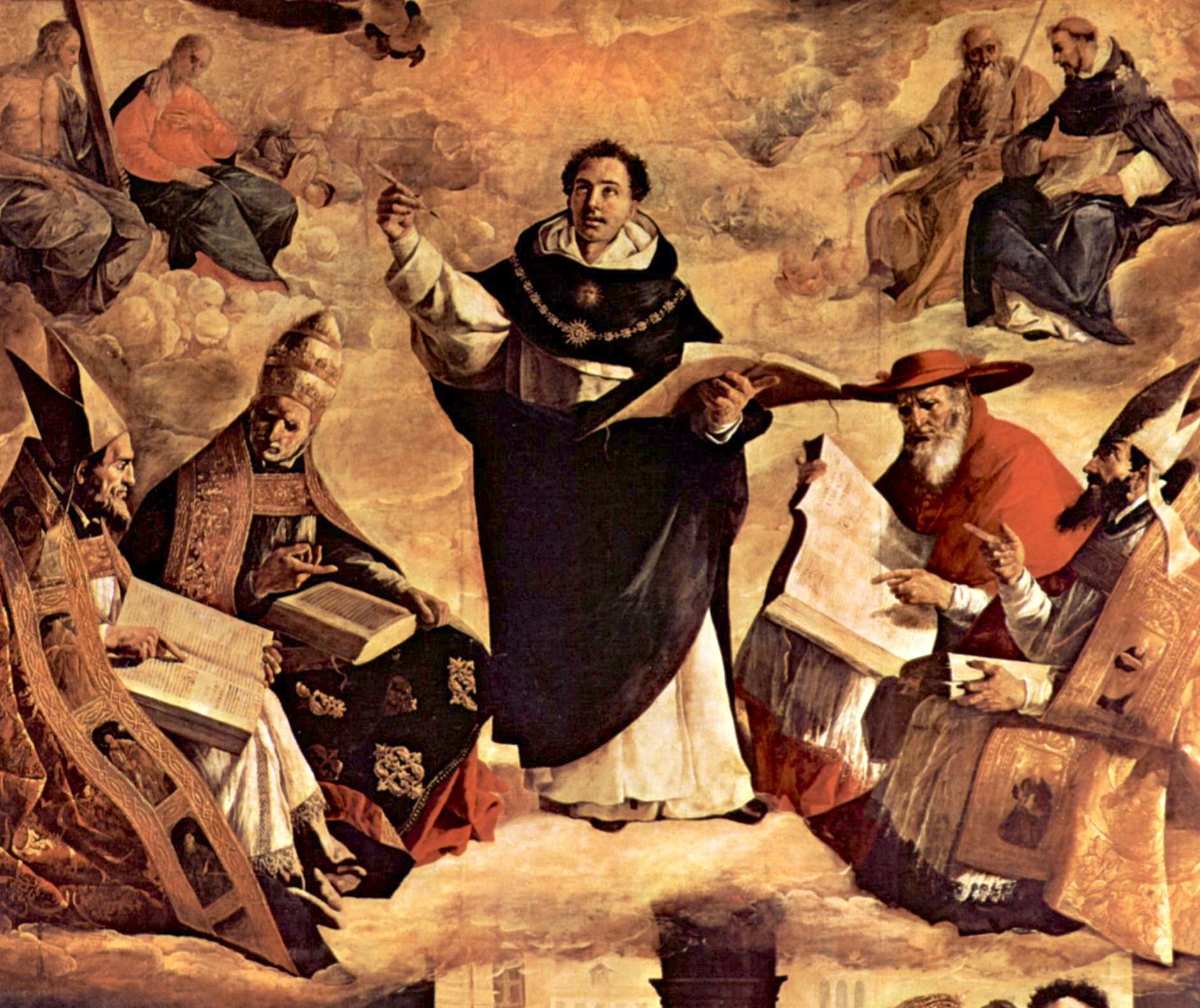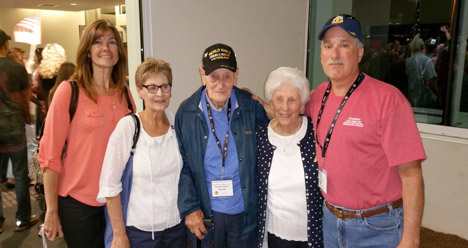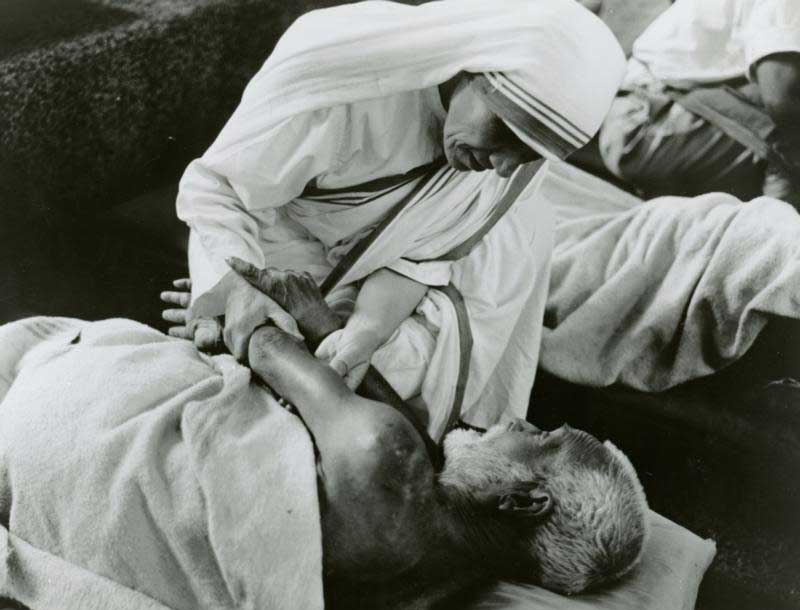
For years Catholics have been beset by conflict when it comes to matters of war and peace. On one hand, we have a long-standing just war tradition — dating from St. Augustine in the late 4th and early 5th centuries A.D., developed by St. Thomas Aquinas in the 13th century, and further refined by the experiences of the 20th century. On the other hand, we have a tradition of non-violent resistance or pacifism, often regarded as the oldest Christian position on the matter of warfare and still deemed a prophetic stance for a massively complex world.
It may be one of those coincidences engineered by the Holy Spirit that saw the film “Hacksaw Ridge” and Pope Francis’ “Message for the Fiftieth World Day of Peace” emerge within two months of each other. Both focus our attention on the great good which can be done by those who refuse to bear arms.

The film recounts the story of Desmond Doss, a conscientious objector who served as a medic in World War II. He has been credited with saving 75 lives in a ferocious battle in Okinawa — all without benefit of weapons. For his valor and commitment to his fellow soldiers, he was awarded the Congressional Medal of Honor. It was the first time in history that a pacifist had received such official recognition. Doss agreed that the causes propelling the U.S. into war were indeed just, but he did not believe that conflicts should or could be solved by killing or maiming one’s enemy.
Pope Francis, in his message for Jan. 1, proposes a similar position. He invites us to “make active nonviolence our way of life.” Such a proposal is always countered with the argument that it is actually impossible to defend oneself, one’s loved ones, or one’s country without resorting to violence, or at least threatening — and being equipped — to do so. The Holy Father points to some examples where nonviolent protest or resistance has worked: in India, in the civil rights movement in the U.S., in Liberia, and in the fall of Soviet Communism. We might add a few other examples from 20th century history, such as the Danish resistance to Hitler’s persecution of the Jews where citizens from a Christian prince on down sewed yellow Stars of David on their sleeves, plus Corazon Aquino and the shift of power in the Philippines.
Pope Francis incites us to a kind of holy foolishness. He insists that we can protect lives and change the world by pushing humanity to live on higher ground. He invokes Franciscan small steps and Theresian little ways. He calls us to heal families, engage in works of charity, legislate for peace in accord with the Sermon on the Mount, and press for policies which refuse “to discard people, harm the environment, or seek to win at any cost.”
The challenge for us is to figure out how to protect and defend people and principles of justice while also being true to the costly call of our Savior.
Sister Pamela Smith, SSCM, is the Secretary for Education and Faith Formation at the Diocese of Charleston. Email her at psmith@catholic-doc.org.




